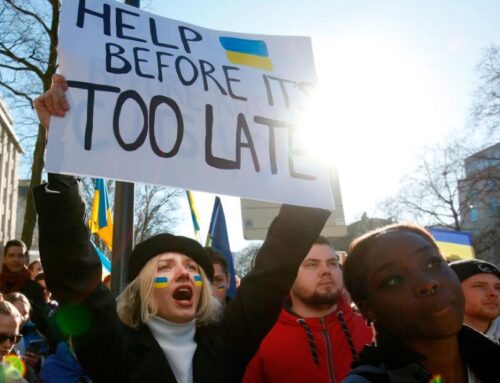Over the years that GCP has been around, we have had to write an alarming number of posts with the same basic message: how do we talk to our sons about unimaginably horrible and senseless killings that they can see footage of over and over on CNN?
This time it is Paris. It has been Lebanon, it has been Kenya. It has been Charleston, it has been Newtown. It has been quite a job, helping our young sons to feel safe from all of the real monsters in the world. And we must rally ourselves to do this job yet again.
So how do we talk to our sons? A psychologist at my son’s (all boy) K-12 school sent home to parents a series of very helpful suggestions, which I have excerpted below:
Don’t be afraid to talk about the tragedy and related emotions. Find out what your son is thinking or feeling and help reassure him that you are there for him.
Children look to their parents and other adults for reassurance and guidance. It is important for a caregiver to stay calm so children will do the same.
It is okay to express the emotions that you are feeling. This will help your son understand and be able to express his own emotions.
Encourage your son to talk about what he is feeling and what he has heard.
When you speak with your son, talk in general terms. Don’t bring up specifics about the incident unless he does.
Be honest in your answers and use language your son can understand.
Reassure your son that adults and other professionals work very hard to protect him – let your son know that there are many systems in place at his school to keep it safe.
Limit media exposure. If your son is watching or reading reports related to the incident, join in and talk with him.
Limit using the internet as an investigative tool about this incident – some written reports are less regulated than the newspapers and may include untrue/inappropriate information.
Be prepared to have multiple conversations with your son. Be patient with him as he tries to figure out and express what he is feeling.
Young children tend to bring their fears close to home and your son may worry that it could happen here. Respond to his fears seriously and tell him that an event like this happening to him or to his family is highly unlikely. Assure him that all of the adults around him are committed to keeping him safe.
Know that it is also appropriate for your son to not have a significant response to this incident.
Time Magazine offers an age by age guide for talking to your children here. Highlights are below:
Pre-school kids: This is the only age which experts recommend trying to avoid the subject a little. Children younger than five tend to confuse facts with fears so limit access to news and watch what you say.
For elementary school aged kids, most psychologists suggest letting the kids lead the way. Focus on the child’s well being and his or her concerns rather than gory details. Assure them that they are safe and that these attacks are rare.
For middle school aged kids: Don’t assume, just because your kids are a little older now, that you know how they feel. Ask them if they’ve heard about the attacks and what they think. Psychologists suggest that being able to answer all their questions is not as key as just being around to help them process the news somewhere they feel safe.
Encourage them to talk and express any fears, especially if they have been involved in any other scary or violent incidents recently. If appropriate, experts say, you might like to review any safety plans you have with them, if your home has fire escapes or if you have a gathering place in case of emergency.
For high school kids, who are probably reading a lot about the events on social media, and hearing about it from their friends, it might be worth explaining in a bit more detail what we know and what we don’t. These are complex issues and not likely to be solved soon, so they may as well be thinking about issues they will be facing in the years to come.
“It’s very typical for teens to say they don’t want to talk,” says Harold Koplewicz, President of the Child Mind Institute. “Try to start a conversation while you are doing an activity together, so that the conversation does not feel too intense or confrontational.”
Talk to them about what to do in the case of an emergency, where they should go if they can’t get home or who they should call if they can’t reach you.
The number one thing most experts agree on is that your child needs is your time. “The best thing you can do as a parent is be available,” says Koplewicz. “Just spending time with him and reassuring him that an event like this is unusual can make a huge difference.”





